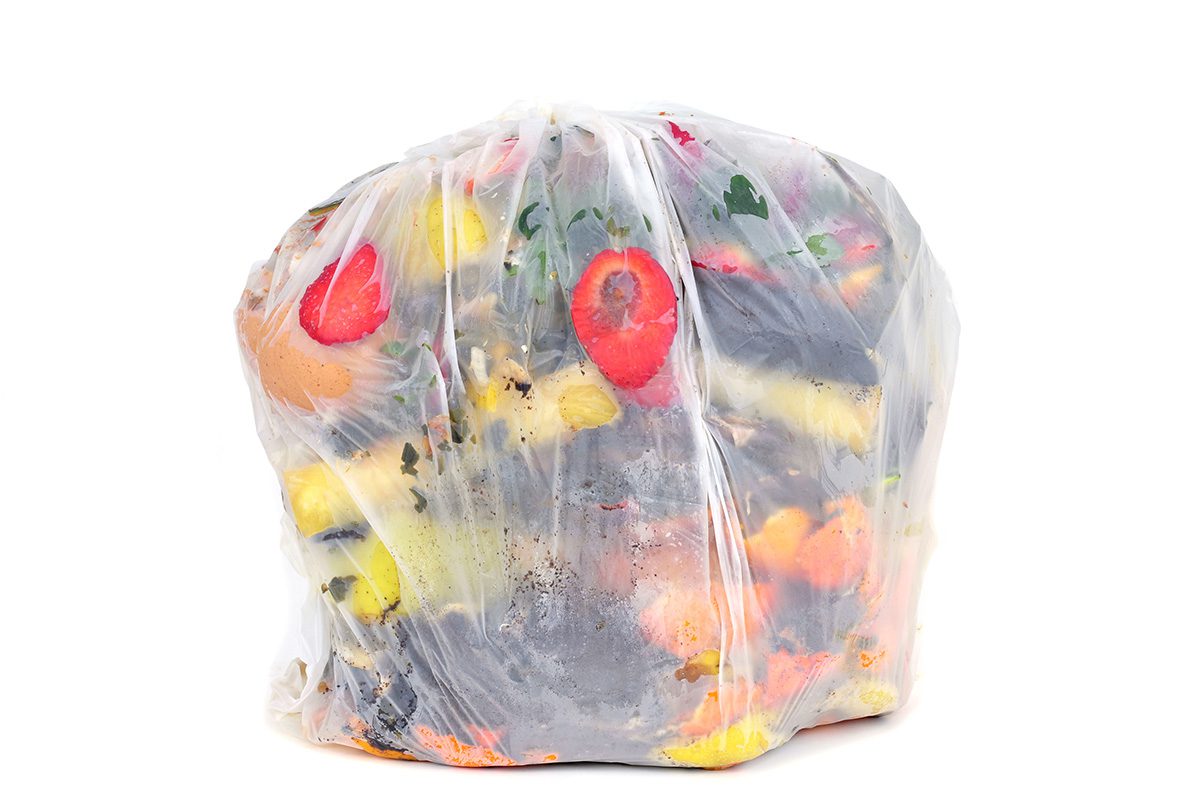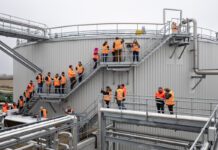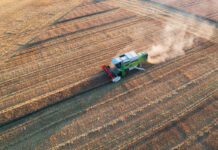
- Separate food waste collections will become mandatory in England from 2023.
- Local Authorities need to put structure in place now to be ready by 2023.
- The Anaerobic Digestion and Bioresources Association (ADBA) calls for funding to be provided without delay to make this possible.
In its annual monitoring report, published last week, the National Infrastructure Commission reiterated its recommendation – first made in its 2018 National Infrastructure Assessment – to “enable separate food waste collection for households and business for biogas production”. In 2017, the UK Government made separate food waste collection mandatory in England by 2023 as part of its Resources and Waste Management Strategy.
However, there are no plans for the Government to financially support Local Authorities (LAs) to implement this directive before 2023 – by which time it will be too late to meet the deadline.
“Local Authorities are in the process of putting their waste management contracts in place now for the years to come, and they need government funding NOW to be able to implement separate food waste collections by 2023.”, explains Charlotte Morton, Chief Executive of the Anaerobic Digestion and Bioresources Association (ADBA).
“In England, 50% of local councils are currently collecting food waste separately or as part of their green waste collection. However, still some 2.3Mt of household-produced food waste goes to either landfill or sewer, where it emits harmful methane gas as it breaks down. This food waste could generate up to 2.7TWh of energy if it were taken to an AD plant. But lack of funding is preventing LAs from putting the infrastructure in place to collect this food waste, and being able to do so, as required by Government, by 2023. We cannot afford any delays if the UK is to meet its Net Zero targets by 2050 and hope this funding will feature in this week’s Budget announcement.”







